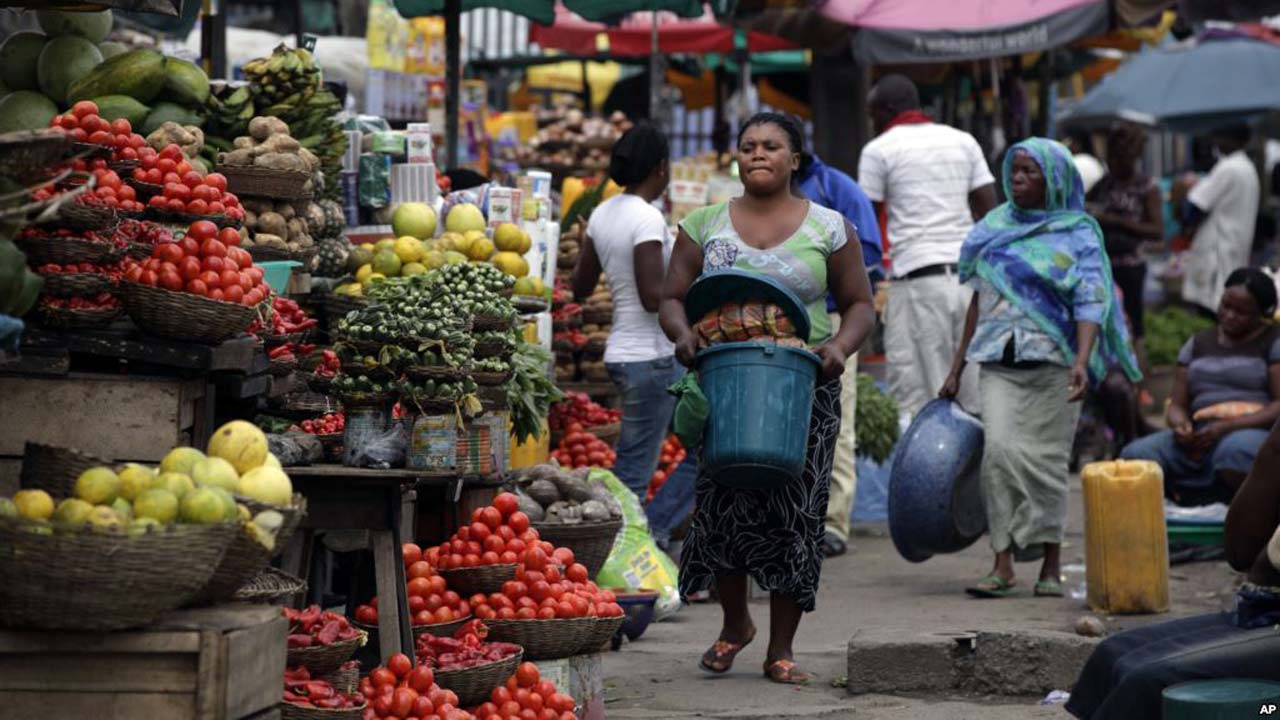
The latest Nigeria Protein Deficiency Report has said the country’s citizens consumption of carbohydrate was 91% while protein consumption stands at 53%.
The report from a national survey, which was designed to empirically determine the current status and dimensions of protein deficiency in Nigeria, sheds light on food consumption patterns among Nigerians.
According to the report unveiled at the recent launch of the Nigeria Protein Awareness Campaign tagged ‘Protein Challenge Nigeria’, “51 per cent of respondents do not have adequate protein-rich foods due largely to high cost.”
Highlights of the report indicate, as most Nigerians would probably expect, that carbohydrates are the most consumed food amongst Nigerians.
Rice topped the list with 91%, closely followed by ‘swallows’ (such as eba, amala, fufu, pounded yam, etc.) as 83%. 58% of sampled institutional providers (dieticians and nutritionists) insisted that the protein intake of Nigerians is generally quite insufficient.
A medical doctor and public health expert Dr. Omadeli Boyo noted that “The report lends credence to many of the long-held perceptions about food consumption in Nigeria. It is detailed, yet concise, clear and places in context food consumption patterns across the country.”
He noted that it is no surprise that, with carbohydrates as the most commonly consumed foods, incidence of malnutrition is today a prevalent public health concern.
Shedding more light on the protein deficiency campaign, Boyo explained that an important thing about the proposed campaign is that it aligns with the Sustainable Development Goals (SDG) 2, which seeks to ‘end hunger, achieve food security and improved nutrition and promote sustainable agriculture’
Also commenting on the report, Ebenezer Amuwaolu Oluloto, a nutrition expert, described the report as “good, insightful and informative.”
He noted that it is interesting to see up to 65% consuming animal source foods like meat. He, however, stated that vegetables, at 53%, ought to be close to rice, ‘swallow’ and beans, because they usually go together, along with the stew.
The report also shows that the fundamental factors determining the necessity of meal items consumed across the country are 79% availability and 68% affordability, suggesting that the cost of proteinous foods has been identified as a major disincentive for the consumption of most protein food sources in Nigeria.
The inability of many Nigerians to afford protein foods is not in a vacuum. A report by The World Poverty Clock since 2018 showed that Nigeria overtook India as the country with the most extreme poor people in the world.
Nigeria’s National Bureau of Statistics (NBS) in its poverty and inequality report from September 2018 to October 2019 said 40 per cent of Nigerians live below its poverty line of N137,430 ($381.75) per year which represents 82.9 million people out of a population of about 200 million.
The United Nations (UN) estimates that Nigeria will have a population of 400 million people by 2050. With the rapid population outstripping economic growth, this appears dire for the country.
The Nigeria Protein Deficiency Report was commissioned as a part of Protein Challenge, a protein-pull media campaign supported by the United States Soybean Export Council (USSEC) and other partners, seeks to create awareness about the prevalence, status and impact of protein deficiency in Nigeria.
The campaign website www.proteinchallengeng.com is set up as a knowledge platform to promote protein in general and soybeans in particular. The website is the ‘go-to’ place for everyone interested in understanding the importance of protein to health and wellbeing.
[ad unit=2]



